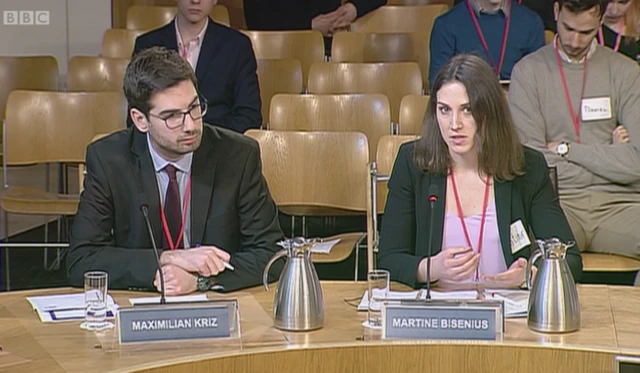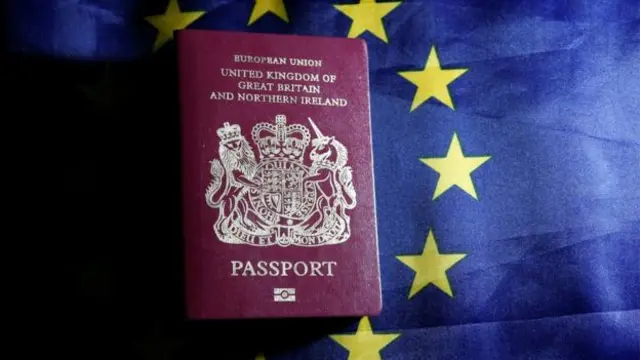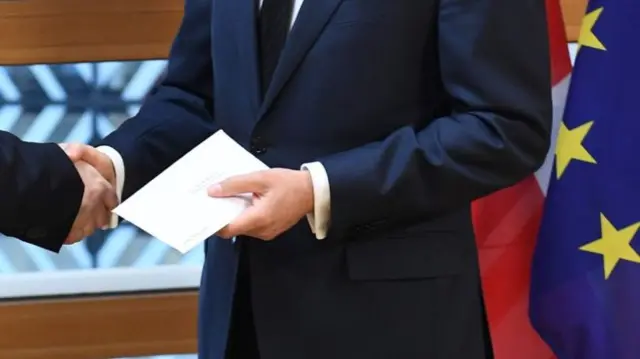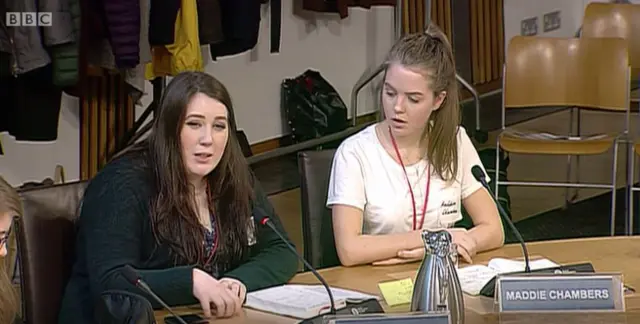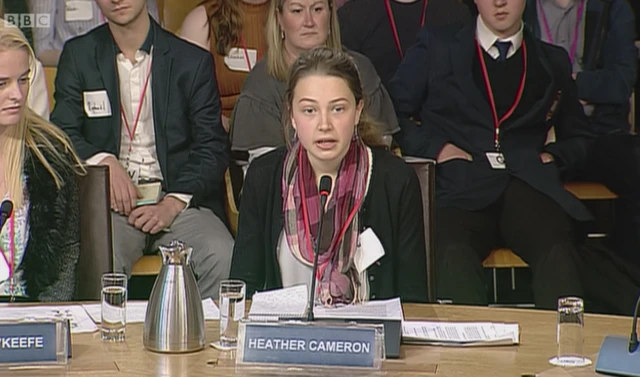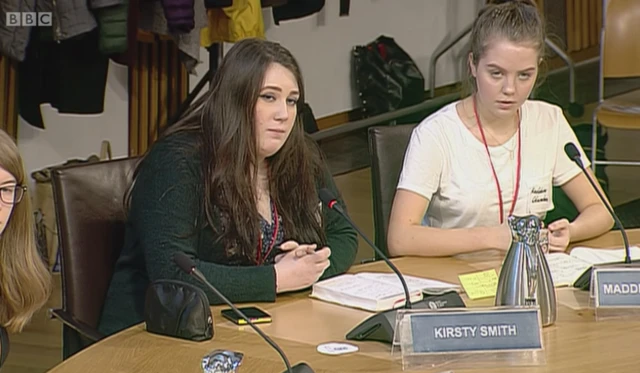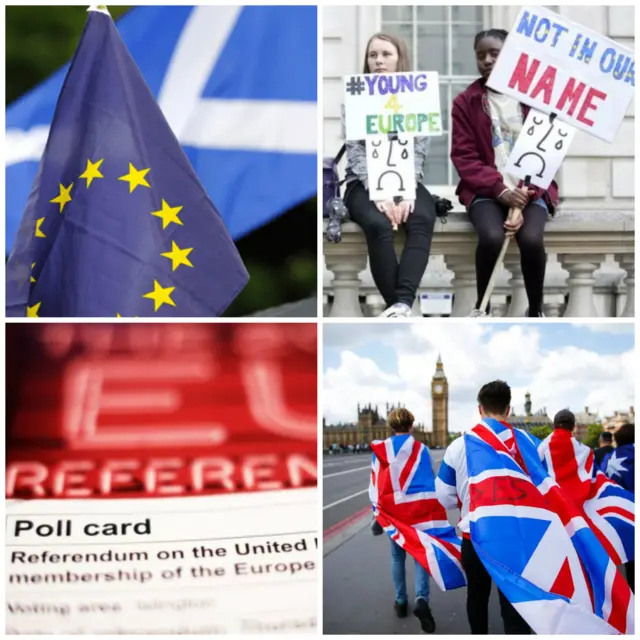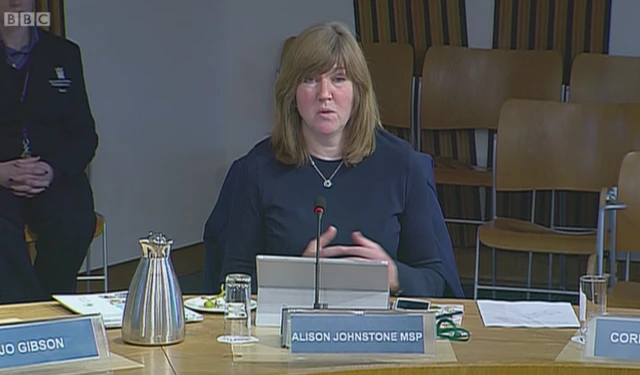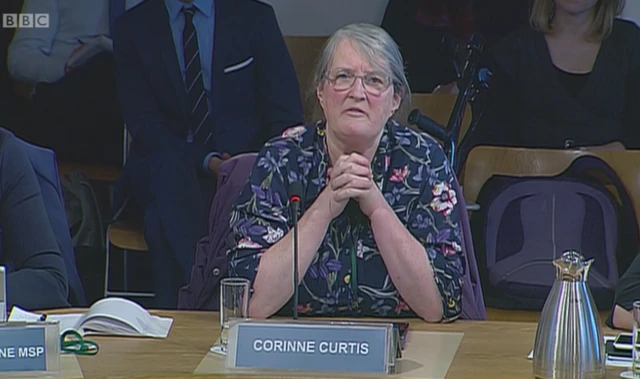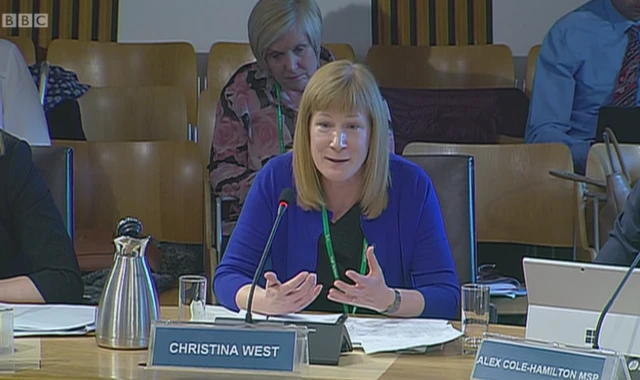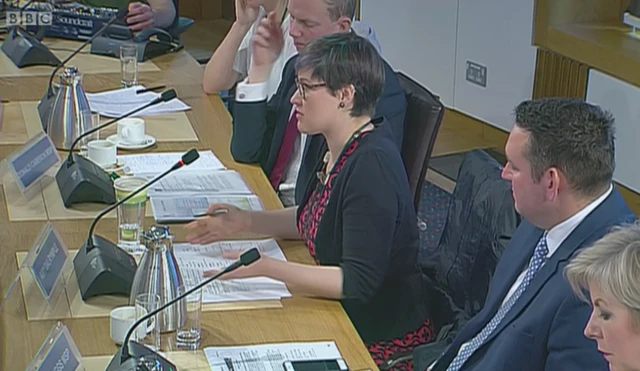Background: How might Scottish universities change outside the EU?published at 13:22 BST 25 April 2017
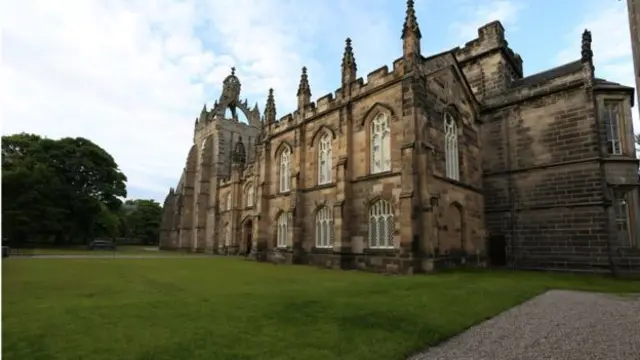 Image source, Thinkstock
Image source, ThinkstockUniversities like Aberdeen have been a magnet for European students
Scotland's universities are international melting pots. Some campuses are amongst the most cosmopolitan parts of Scotland.
But not all students from overseas are simply here on exchange visits.
Many have chosen to come to Scotland to study for the whole of their degree and will graduate here
There are nearly 13,500 undergraduate students from other EU countries at Scotland's universities. In both legal and practical terms, they are treated in exactly the same way as Scottish students and receive free tuition.
A further 6,500 from the EU are studying in Scotland at postgraduate level.
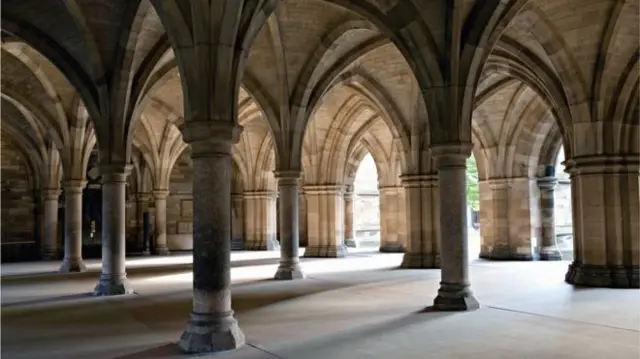 Image source, Thinkstock
Image source, ThinkstockEU students at Glasgow and elsewhere in Scotland do not pay tuition fees
Undergraduates at Scottish universities can be split into three broad categories:
*Students from Scotland and EU countries outside the UK who receive free tuition.
*Students from England, Wales and Northern Ireland who pay tuition fees of around £9,000 a year.
*So-called "international" students who come from countries outside the EU who pay uncapped tuition fees.
EU students receive free tuition in Scotland because of European law and do not need visas or work permits so how might Brexit affect them?
